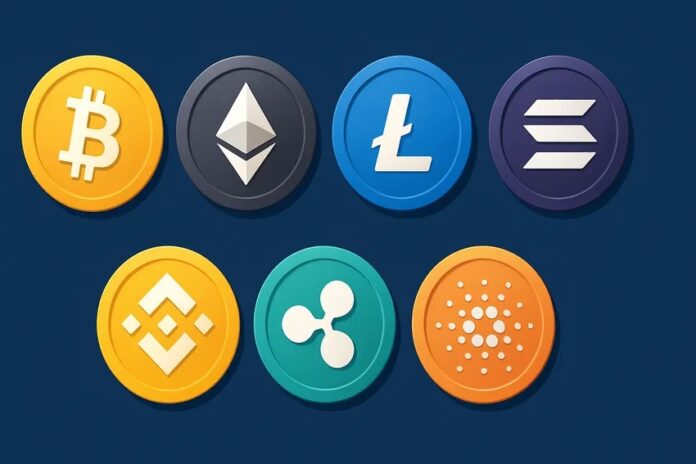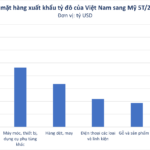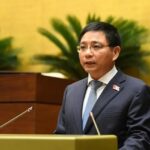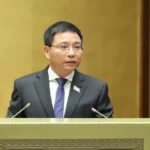The Ministry of Finance’s draft resolution on piloting the crypto asset market has caused deep concern and anxiety among Vietnam’s blockchain technology business community, especially the potential hindrance to innovation and brain drain.
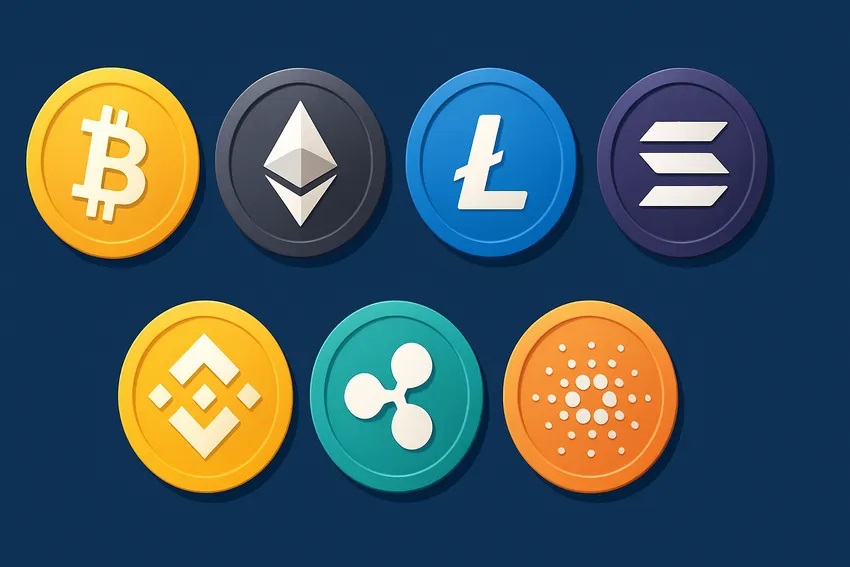
Decentralized transactions with crypto assets should not be prohibited
In early June, Endeavor Vietnam, representing a group of six blockchain technology companies, sent a petition to Prime Minister Pham Minh Chinh, Deputy Prime Ministers Ho Duc Phoc and Nguyen Chi Dung, and relevant ministries and sectors.
The petitioning companies include Athena Studio Limited Company, Appota Joint Stock Company, ZenX Limited Company (Ninety Eight), Web3 Vietnam Limited Company, Oraichain Labs Joint Stock Company, and Sky Mavis Vietnam Limited Company.
The petition proposes excluding pure technology development and technical service provision in the field of crypto assets from the scope of the draft resolution.
The draft resolution on piloting the crypto asset market stipulates that only centralized transactions of crypto assets through licensed units are allowed, and all other transactions and services related to crypto assets and the crypto market are prohibited.
According to the petitioning companies, this regulation has caused “deep concern and anxiety” for Vietnamese technology enterprises currently developing technologies and providing technical services related to crypto assets.
If only centralized transactions are permitted, tokens and NFTs created during technology testing and development, in a decentralized space, or crypto assets that are not supported by exchanges and must be stored in decentralized wallets, may be considered illegal.
According to Mr. Dao Thanh Chung, co-founder & CEO of Oraichain Labs, a significant shortcoming of the draft is that it does not clarify or mention decentralized infrastructure components, especially decentralized exchanges (DEXs), non-custodial wallets, and pure technical activities in blockchain technology development.

Mr. Dao Thanh Chung, Co-founder & CEO, Oraichain Labs. Source: NVCC |
First, regarding DEXs, these are platforms without intermediaries, operating through smart contracts on blockchains. Requiring DEXs to obtain licenses like centralized exchanges is impractical and legally inappropriate. Therefore, the draft should clearly define what constitutes a DEX and refer to the approach taken by countries like the United States, which stipulates that software developers, protocols, or DEX infrastructure providers are exempt from financial licensing if they do not control user assets.
Second, concerning non-custodial wallets, these are wallets to which only the user has access to the private key. This is a core element in protecting ownership rights. The draft should recognize the legality of using non-custodial wallets and provide clear legal protection, instead of leaving it ambiguous.
Third, pure technical activities such as software development, smart contract writing, and technology infrastructure provision should be excluded from the draft’s scope to avoid burdening innovation with legal complexities.
“Lastly, a clear distinction should be made between technology development activities and direct crypto asset service provision to end-users to avoid misunderstandings and misapplication of regulations,” emphasized Mr. Dao Thanh Chung.
Mr. Nguyen Thanh Trung, co-founder & CEO of Sky Mavis, stated that allowing only centralized transactions through licensed units (with many restrictions) and prohibiting all other transactions and services related to crypto assets could negatively impact the use, perception, and safety of crypto assets.
The mentioned draft also lacks clarity and poses significant risks to companies using or developing blockchain technology as it fails to distinguish clearly between software, technology, and pure technical activities and financial activities related to crypto assets.
|
Heavy fines proposed for non-compliance with regulations The Ministry of Finance has recently published a draft amendment to decrees related to penalties in the securities field, including new provisions on crypto assets. The draft stipulates a fine of VND 300,000 – 500,000 for organizations providing crypto asset services without verifying the identity of account openers. It also proposes a fine of VND 1.5 billion – 2 billion for organizations providing crypto asset services that engage in one of the following violations: proprietary crypto asset trading, crypto asset custody service provision, or crypto asset issuance platform provision without a license. Additionally, the Ministry of Finance suggests a fine of VND 100 million – 200 million if investors fail to open accounts and transfer their crypto assets for storage and trading at licensed organizations. |
Enterprise proposals for managing the crypto asset market
Based on this, Mr. Nguyen Thanh Trung, co-founder & CEO of Sky Mavis, put forward three proposals for managing the crypto asset market: Exclude the scope of the mentioned draft regarding technology development and technical service provision in the field of crypto assets by technology enterprises, computer engineers, and programmers in Vietnam; supplement regulations to protect and ensure the absolute ownership rights of owners regarding self-management and storage of crypto assets.

Mr. Nguyen Thanh Trung, Co-founder & CEO, Sky Mavis. Source: NVCC
|
Finally, Mr. Trung suggested excluding the scope of administrative penalty provisions in the field of crypto assets and the crypto asset market for technology development and technical service provision activities of technology companies, computer engineers, and programmers in Vietnam.
Regarding consumer protection, Mr. Dao Thanh Chung, co-founder & CEO of Oraichain Labs, suggested that investor protection policies should focus on enhancing transparency, clearly categorizing crypto assets, and designing appropriate regulatory sandboxes for testing new models.
According to Mr. Chung, international experiences related to investor protection can be drawn from numerous territories and countries worldwide, specifically:
Information transparency: Projects should fully disclose tokens, development teams, capital usage goals, and potential risks. Singapore is a prime example, requiring token issuances to be accompanied by white papers.
Crypto asset classification: Hong Kong has established a legal framework distinguishing between utility tokens, security tokens, and stablecoins, applying appropriate supervisory standards for each asset type and investor.
Flexible legal sandbox: Dubai implemented a controlled testing environment for blockchain startups, fostering innovation while protecting users. Vietnam should emulate these models to design policies that encourage creativity and effectively manage risks.
|
Crypto assets could lead the financial market in the future Recently, on behalf of the state management agency, Mr. To Tran Hoa, Deputy Head of the Market Development Division, State Securities Commission (Ministry of Finance), shared that the State Securities Commission is assigned to build a draft resolution framework of the Government on the crypto asset market. The State Securities Commission’s task of building a draft resolution framework on the crypto asset market can be considered an initial step for the Vietnamese market, an attractive new financial market for investors. In Vietnam, the majority of the population is young and very interested in this market, expecting it to lead the financial market in the future. According to Mr. Hoa, the legalization of the crypto asset market is a step taken by the Government to protect people from fraud and create new investment and fundraising channels for businesses and new tax revenue for the Government. |
NGOC DIEP
– 11:15 11/06/2025
Establishing Vietnam’s First International Financial Center: A Proposal for the National Assembly
The International Financial Center will serve as a pivotal hub, connecting Vietnam to the global financial market and attracting foreign financial institutions. It will facilitate Vietnam’s integration into the international investment landscape, capitalizing on the shift in global investment flows.
The Financial Hub: Launching a Carbon Credit Trading Floor, a Niche Offering
The proposed resolution allows members of the financial center to establish exchanges in various fields, including carbon credits, commodities, and specialized exchanges. With these new provisions, members of parliament fear the management of such a diverse range of exchanges will prove challenging and complex, potentially exposing investors to increased risk.

